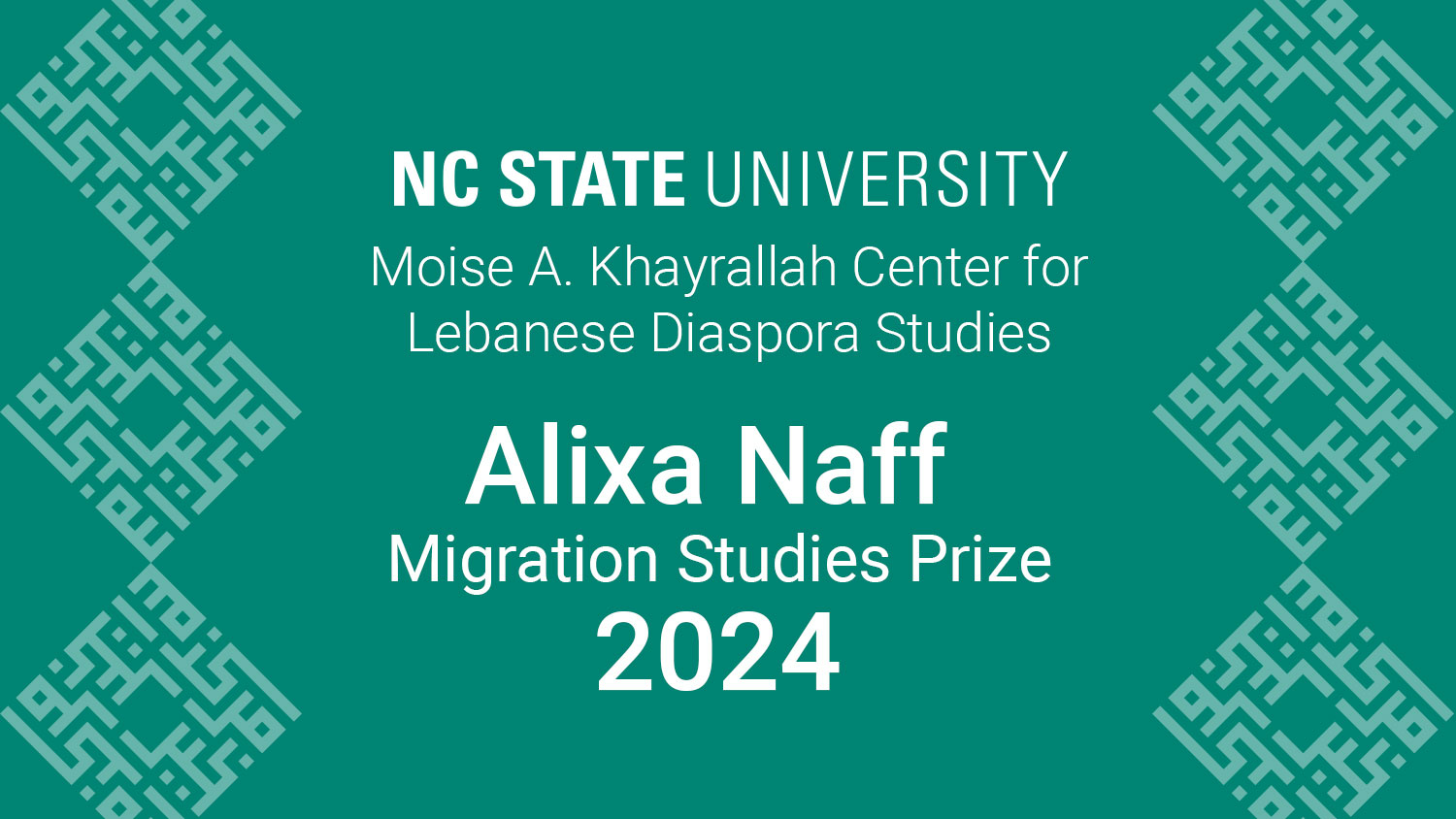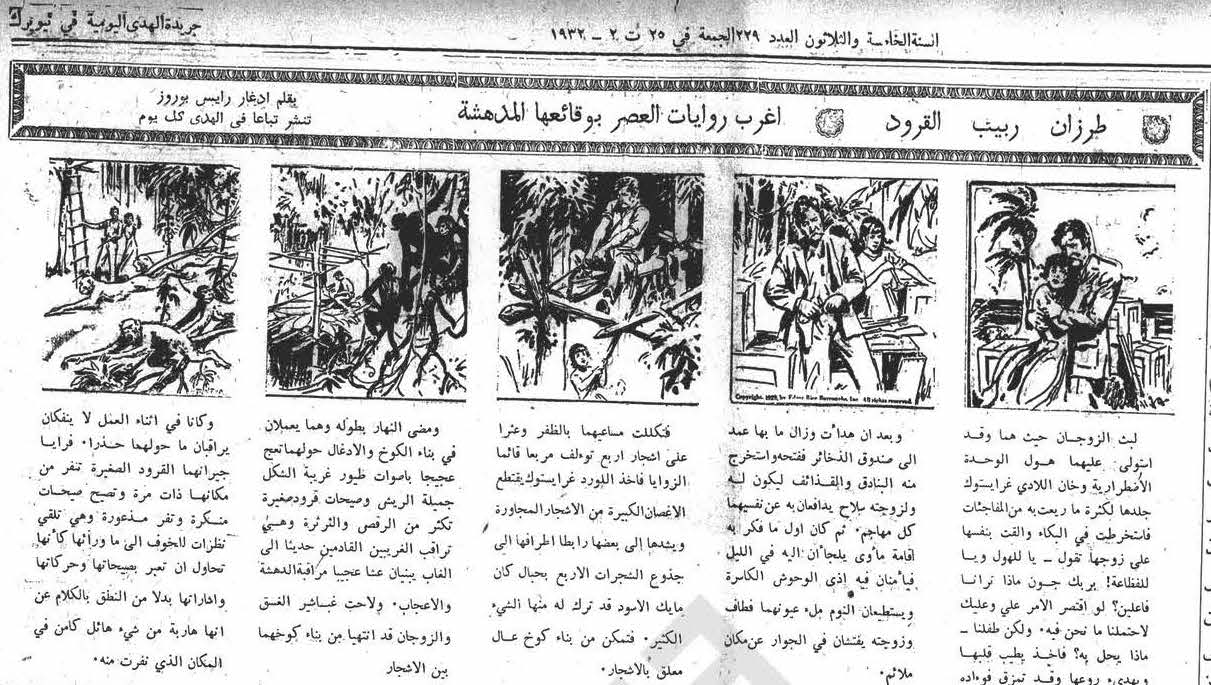Turath K-12 Lesson Plans on Lebanese Migration History
The Khayrallah Center for Lebanese Diaspora Studies, in partnership with the Lebanese Association for History, is thrilled to announce the release of two comprehensive pedagogical K-12 lesson plans dedicated to the history of Lebanese migration. These meticulously crafted educational resources are set to transform the teaching of Lebanese migration history and provide students with a deeper understanding of the rich heritage and experiences of the Lebanese diaspora.
Developed by a team of scholars, educators, and historians, the lesson plans aim to highlight the significant contributions and challenges faced by Lebanese migrants during the first wave of migration (1880s – 1924). These lessons center their pedagogy around Turath: An Exhibit of Early Arab American Culture, which was curated by the Khayrallah Center in 2022. By incorporating diverse teaching methodologies and interactive activities, these lessons foster critical thinking, cultural appreciation, and empathy among students of all ages.
The first lesson plan, titled “Lebanese Migration: Why did the Lebanese migrate to the Americas?,” delves into early Lebanese migration patterns and examines the journeys of pioneering individuals and families who ventured far from their homeland to establish new lives abroad. Through engaging narratives, primary sources, and thought-provoking discussions, students will gain a comprehensive understanding of the motivations, struggles, and triumphs experienced by these trailblazers.
The second lesson plan, titled “Identity of the Lebanese Migrant and integration into the land of migration,” explores the challenges faced by these early immigrants to integrate into societies that at best considered them “Other,” and very frequently attacked them as culturally and racially alien. At the same time, the lesson plan encourages students to explore how these early immigrants sought to maintain a sense of their original identity as Lebanese. By examining the social, cultural, and economic dimensions of Lebanese migration, students will analyze the dynamics of integration, the formation of diasporic identities, and the resilience demonstrated by Lebanese communities across the Americas.
Dr. Akram Khater, Director of the Khayrallah Center for Lebanese Diaspora Studies, expressed his enthusiasm for the collaborative effort: “We are proud to partner with the Lebanese Association for History in developing these groundbreaking lesson plans. Through these educational resources, we aim to foster a deeper appreciation for the Lebanese diaspora’s history and inspire young minds to explore their own heritage.”
President of the Lebanese Association for History, Dr. Nayla Hamadeh, stated, “The Lebanese Association for History is thrilled to collaborate with the Khayrallah Center in creating these innovative lesson plans. By offering comprehensive and engaging educational resources, we hope to enrich the teaching of Lebanese migration history and empower students to embrace diversity and multiculturalism.”
Both lesson plans will be made available as free resources on the websites of the Khayrallah Center for Lebanese Diaspora Studies (lebanesestudies.ncsu.edu) and Turath (turath2020.org) and the Lebanese Association for History (lahlebanon.org). Educators, history enthusiasts, and anyone interested in the vibrant tapestry of Lebanese migration history are encouraged to download and utilize these valuable educational materials.
For more information about the Khayrallah Center for Lebanese Diaspora Studies and the Lebanese Association for History, please visit their respective websites.
About the Khayrallah Center for Lebanese Diaspora Studies:
The Khayrallah Center for Lebanese Diaspora Studies, based at North Carolina State University, is a leading institution dedicated to researching, preserving, and promoting the history and culture of Lebanese immigrants and their descendants worldwide. Through interdisciplinary research, public outreach, and educational initiatives, the center serves as a platform for the exploration and celebration of the Lebanese diaspora’s diverse experiences.
About the Lebanese Association for History:
The Lebanese Association for History is an organization committed to promoting the study and understanding of Lebanese history and heritage. Through research, publications, conferences, and educational initiatives, the association seeks to advance historical knowledge and foster a sense of cultural identity among the Lebanese people and the global community.
Media Contact:
Dr. Akram Khater
Khayrallah Center for Lebanese Diaspora Studies
919.515.5042
akhater@ncsu.edu


